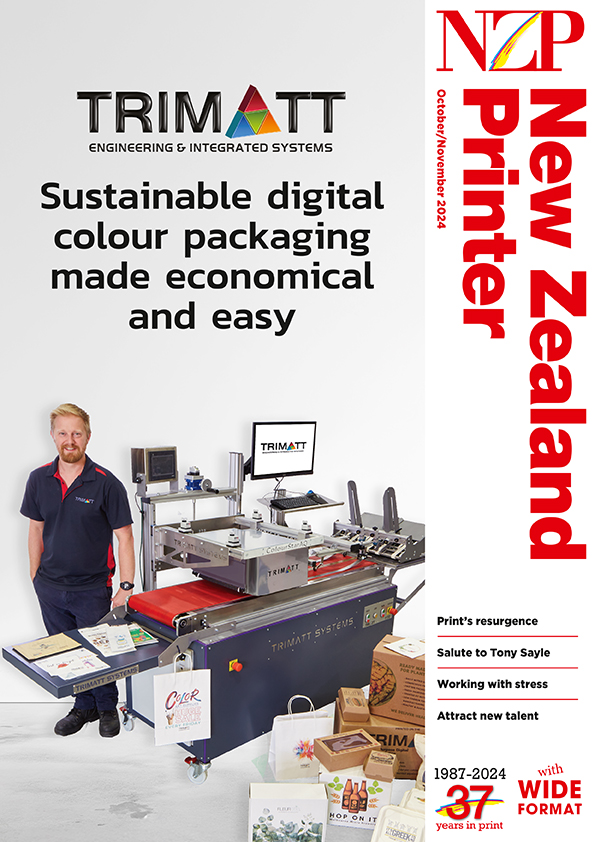Digital Print CIC, based at the University of Leeds' Department of Colour and Polymer Chemistry has created a printable ink version of a revolutionary material, which is now being used by NASA.
Discovered by Boroughbridge-based research and development specialists Peratech, the QTC (Quantum Tunnelling Composite) material is both a virtually perfect insulator and a metal-like conductor.
The highly touch, sound and smell sensitive polymer has huge potential in a wide variety of applications from NASA's 'Robonaut' hands for vital structural and research work in space exploration, to fashionable in-sleeve iPODs in clothing, according to Peratech's technical director, David Lussey
It needed a printable ink version, however, to ensure practical application in the market place.
He says Digital Print CIC's world leading expertise on ink and dye formulations, had been invaluable in developing the QTC product to meet wider commercial applications.
The collaborative project has now received two prestigious awards for innovation: the Product Innovation Award and the Peoples Award for Innovation, from Yorkshire Forward, the Regional Development Agency for Yorkshire and the Humber.
Digital Print CIC was also short listed for the International Collaboration Award for its work with DuPont.
Product testing and further development of the QTC material is continuing between Peratech and Digital Print CIC, with future applications expected to include touch sensitive paper, which will speak its contents for visually impaired people and heat sensitive clothing, which can give the wearer vital information about their health and wellbeing.
Digital Print CIC, under the directorship of Professor Long Lin, is now in its second year of operation and is building working alliances with major printing groups, including DuPont and X-Rite.

